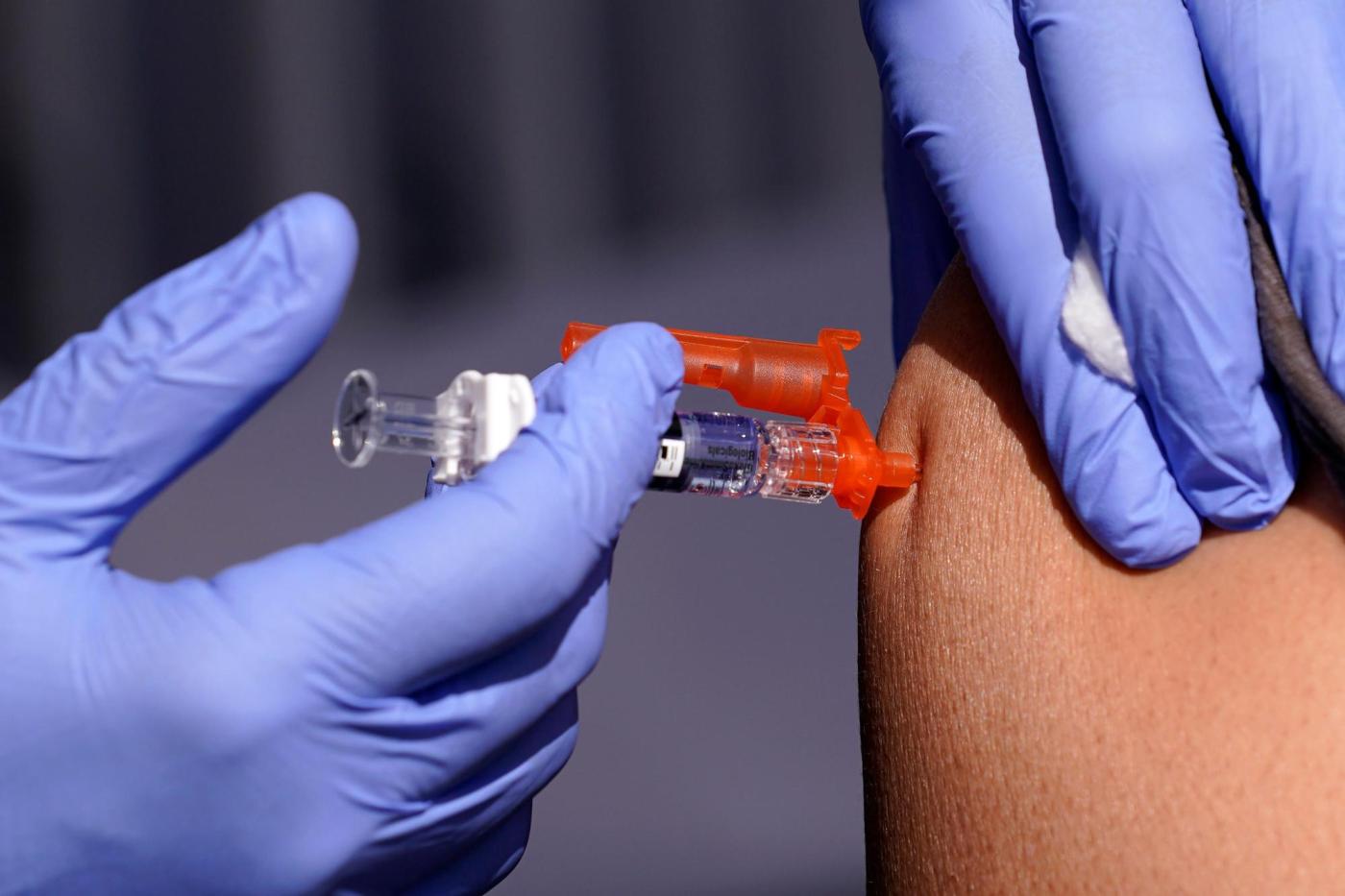
Boston health officials urge residents to get updated COVID vaccine: ‘Respiratory viral illnesses remain a public health threat’
Hub health officials are again urging residents to get the updated COVID vaccine, as the city’s vaccination rates remain low four years after the start of the pandemic.
The Boston Public Health Commission is encouraging residents to stay up-to-date on their COVID boosters, especially those who are 65-plus or immunocompromised.
“Respiratory viral illnesses remain a public health threat, but we have tools to protect against severe illness,” said Bisola Ojikutu, commissioner of Public Health and executive director of the Boston Public Health Commission.
“The most important is vaccination against COVID-19, flu, and RSV which is the best way to prevent hospitalization, protect ourselves and our communities, and to ensure that our health care resources won’t become overwhelmed as they have in the past,” Ojikutu added.
BPHC reported that 20% of people in Boston have received an updated COVID vaccine since last July. Also, about 40% of city residents have received a flu vaccine.
“It is particularly important for people aged 65 and older or immunocompromised to receive updated vaccine doses this spring,” BPHC said in a statement. “They should get vaccinated if it’s been more than four months since their last vaccination or three months after having COVID-19.”
Related Articles
What is Alaskapox? Recent death brings attention to virus seen in small animals
Measles alert: Doctors push for vaccination after cases reported in several states
Boston-area COVID wastewater levels surge; a nasal spray may protect against COVID infection: Dana-Farber researchers
Boston-area COVID wastewater data spikes: A ‘concerning’ jump in Massachusetts cases as doctors urge people to get vaccinated
This renewed vaccination push comes in the wake of the CDC releasing updated recommendations on how people can protect themselves and their communities from respiratory viruses — including COVID, the flu and RSV.
The updated recommendations are to stay home until your symptoms improve and it has been 24 hours since you had a fever, without the use of fever-reducing medication. Once returning to normal activities, people should continue to take additional precautions for the next five days, including wearing a well-fitted mask.
These updates come following a decrease in rates of hospitalization and death associated with respiratory illness, and more specifically COVID.
“It is important to keep in mind that people can still spread viruses even when feeling better,” BPHC said. “Taking enhanced precautions, including wearing a mask in public when sick, are especially important for protecting those who are most at risk, including adults aged 60 and older, children younger than 5 years old, pregnant people, and people with chronic medical conditions.”


